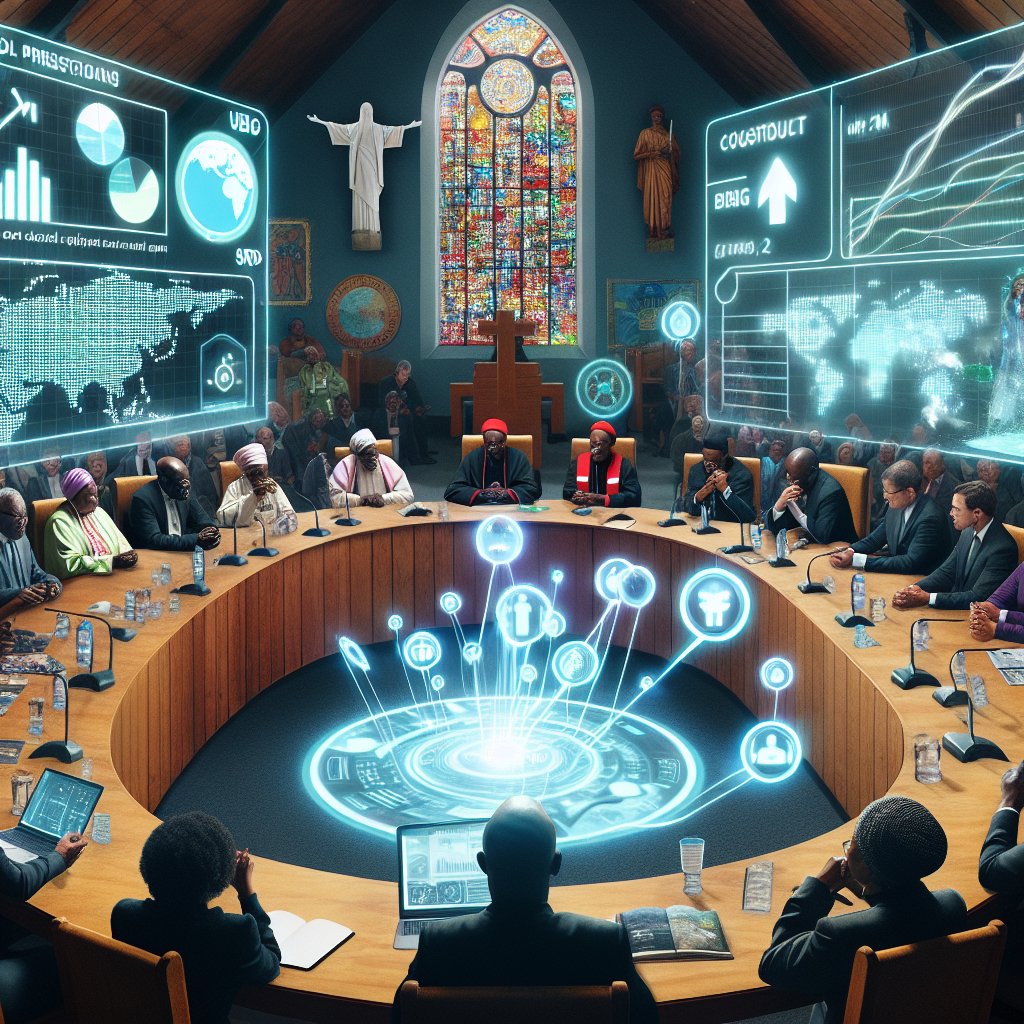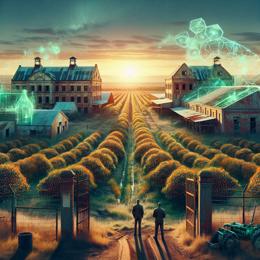Image created by AI
South African Churches Rally Behind Universal Basic Income Grant Initiative
South African churches have taken a significant stand in support of the Social Relief of Distress (SRD) grant's transition into a universal basic income grant (UBIG). With the backing of the World Communion of Reformed Churches (WCRC), church leaders from several denominations have signed a pledge to advocate for this vital economic reform.
Amidst escalating poverty, inequality, and unemployment, the clergy is calling for a permanent cash transfer to citizens aged 18 to 59, a move that the South African government has indicated support for but has seen resistance from some business sectors and the Treasury. With deep-seated challenges afflicting millions of unemployed adults who currently rely on the modest R370-a-month SRD grant, church leaders believe the grant is insufficient and laden with restrictions that unjustly exclude many eligible individuals.
The Global Reformed Platforms of Engagement (GRAPE) programme, unveiled in Woodstock, Cape Town, serves as the umbrella under which these calls for economic and social transformation are being made. The programme, already active in areas such as Kenya advocating for access to potable water, encourages churches and their members to engage in social justice issues decisively.
Reverend Dr Bukelwa Hans, involved with GRAPE, emphasized the thorough process undertaken to foster coalition building among churches for the UBIG movement. Drawing inspiration from the success of Namibia's basic income grant pilot in Otjivero, Dr Hans echoed the sentiments of Archbishop Thabo Makgoba, who asserted the necessity of basic income support for advancing economic justice and breaking poverty cycles.
Dr Kelle Howson from the Institute for Economic Justice highlighted the political momentum behind a UBIG, with a majority of parties in the government of national unity having pledged to support social protection expansion. With the rise in climate change-induced environmental disasters, a UBIG is being seen as instrumental in providing a reliable lifeline to affected communities, as voiced by Nioma Venter from the Dutch Reformed Church.






